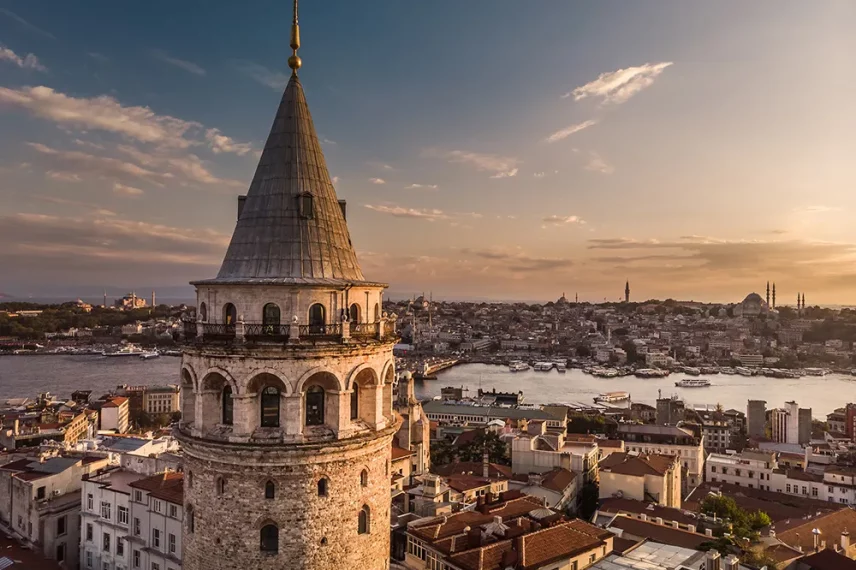The journey of Turkey is a rich and complex one, spanning thousands of years. Here is a condensed overview of key events and developments in Turkey’s history:
- Ancient Civilizations (c. 10,000 BCE – 546 BCE):
- Anatolia, the region now known as Turkey, has been inhabited for millennia. It was home to various ancient civilizations, including the Hittites, Phrygians, and Urartians.
- Classical Antiquity (546 BCE – 4th Century CE):
- In 546 BCE, the Achaemenid Empire (Persians) conquered Anatolia.
- Alexander the Great later conquered the region, and after his death, Anatolia became part of the Seleucid Empire.
- Roman and Byzantine Period (1st Century BCE – 15th Century CE):
- Anatolia became part of the Roman Empire in the 1st century BCE and remained under Roman and later Byzantine rule for centuries.
- Christianity became prevalent during this time, and Constantinople (modern-day Istanbul) became the capital of the Byzantine Empire.
- Seljuk and Ottoman Empires (11th Century – 20th Century):
- The Seljuk Turks arrived in Anatolia in the 11th century, gradually establishing their rule.
- In 1299, the Ottoman Empire, founded by Osman I, emerged as a powerful entity.
- The Ottomans expanded their empire, capturing Constantinople in 1453 under Mehmed the Conqueror, marking the end of the Byzantine Empire.
- Ottoman Empire’s Height and Decline (15th Century – 19th Century):
- The Ottoman Empire reached its zenith under Suleiman the Magnificent in the 16th century, stretching across three continents.
- However, the empire gradually declined, losing territory and facing internal challenges.
- World War I and the Turkish War of Independence (1914 – 1923):
- During World War I, the Ottoman Empire sided with the Central Powers and faced defeat.
- Mustafa Kemal Atatürk led the Turkish War of Independence, resulting in the establishment of the Republic of Turkey in 1923.
- Modern Turkey (1923 – Present):
- Mustafa Kemal Atatürk became Turkey’s first president and initiated sweeping reforms, including secularizing the state, adopting a new legal code, and modernizing education.
- Turkey remained neutral during much of World War II but joined the Allies near the end.
- Turkey has experienced periods of political stability and turmoil, including military coups.
- In recent years, Turkey has been a key player in regional politics and has faced challenges related to its domestic and foreign policies.
- Contemporary Turkey (21st Century):
- Turkey has faced a series of political and social challenges, including tensions between secular and religious elements, Kurdish conflict, and political polarization.
- It has also played a significant role in the Syrian civil war and has been involved in regional conflicts.
Today, Turkey is a diverse and vibrant country with a rich cultural heritage, a mix of modern and traditional elements, and a pivotal role in the geopolitical landscape of the Middle East and Eastern Europe. Its history is marked by a continuous transformation, making it a fascinating subject of study and exploration.
